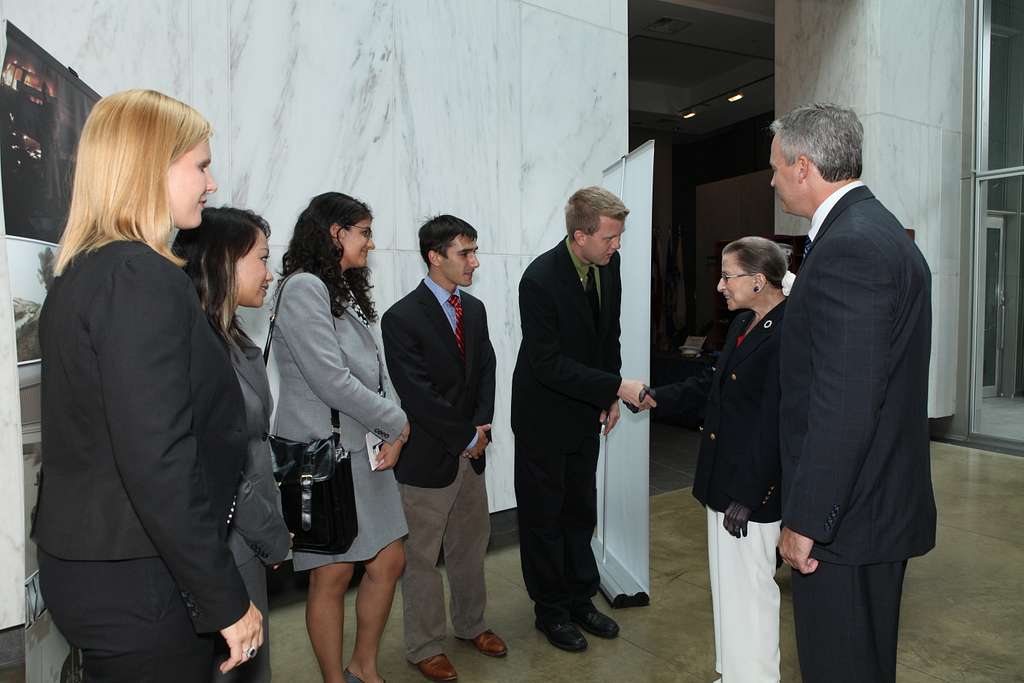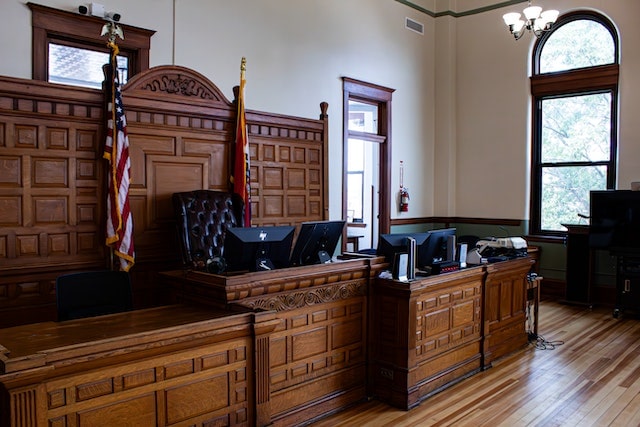
New York’s Judiciary Law Section 470
New York Judiciary Law Section 470, a statute originally enacted in 1862, requires that attorneys practicing in New York state courts maintain a physical office within the state. While this law may seem like an obscure relic of a bygone era, it continues to pose risks for lawyers licensed to practice in New York who reside and primarily work outside the state.
Failure to adhere to Section 470 can lead to an attorney being disqualified from cases and unable to collect legal fees, with potentially severe professional consequences. In this article we will take a closer look at this law, its ramifications, and some recent developments.
The Text and Intent of Section 470 the Judiciary Law
Section 470 of the Judiciary Law reads as follows: “A person, regularly admitted to practice as an attorney and counsellor, in the courts of record of this state, whose office for the transaction of law business is within the state, may practice as such attorney or counsellor, although he resides in an adjoining state.” On its face, this seems to require any attorney practicing in New York to maintain a physical office in the state, even if they reside elsewhere.

The original intent of the law is somewhat murky, but it likely had protectionist aims – to shield New York lawyers from out-of-state competition back in the 19th century. In the modern era of interstate commerce and virtual offices, many view it as an anachronistic and unduly burdensome restriction. Yet it remains on the books and continues to be enforced by New York courts.
New York is not the only state to currently have this type of law. Many New Yorkers have a relationship with the State of Florida. Florida has a similar bar rule that has trapped many snow-birders who seek to practice law in the Sunshine State. Fla Bar. Rule 4-7.12 states: “[a] bona fide office is defined as a physical location maintained by the lawyer or law firm where the lawyer or law firm reasonably expects to furnish legal services in a substantial way on a regular and continuing basis.” We will address Florida’s interesting bona fide office rules in a separate post.
Risks for Attorneys Without a New York Office

The primary danger that Section 470 poses for attorneys is disqualification from representing clients in New York state courts if challenged on not maintaining an in-state office. If an opposing party or judge objects that an attorney has violated Section 470 of the Judiciary, that attorney may be forced to withdraw as counsel, potentially disrupting their client’s case. More than mere inconvenience, this can damage an attorney’s professional standing and client relationships.
The Courts are also clear that having virtual office that only contains mailbox services and on demand conference rental services do not satisfy the strictures of Section 470 of the Judiciary Law. Mar. Dist. Dev. Co., LLC v Toledano, 174 AD3d 431, 432 (1st Dept 2019)
Additionally, an attorney disqualified under Section 470 of the Judiciary Law may be unable to collect fees for legal work already performed on a case prior to being challenged. In the 2018 case entitled Arrowhead Capital Finance, Ltd. v. Cheyne Specialty Finance Fund L.P., 32 N.Y.3d 645 (2019), New York’s Court of Appeals, the State’s highest court, affirmed a lower court’s order disqualifying the plaintiff’s counsel under Section 470 of the Judiciary Law and denying a motion to collect over $100,000 in unpaid legal fees. The court held that as a non-resident attorney without a New York office, counsel was unauthorized to represent the plaintiff and thus had no entitlement to fees.
Beyond individual cases, violation of Section 470 could potentially lead to disciplinary action against an attorney by the state bar for the unauthorized practice of law. All told, non-compliance with this statute poses serious financial and professional risks that lawyers would do well to avoid!
Recent Challenges and Developments

In recent years, some New York lawmakers have recognized the outdated nature of Section 470 Section 470 of the Judiciary Law and its negative impact on attorneys. In 2023, the state legislature passed a bill that would have overhauled the law to allow attorneys to practice in New York without a physical office, so long as they were licensed, in good standing, and complied with the state’s rules of professional conduct. However, in December 2023, Governor Kathy Hochul vetoed the proposed legislation.
In her veto message, Gov. Hochul expressed concern that eliminating the in-state office requirement entirely “would make it harder to sanction attorneys who fail to follow our State’s rules, standards, and procedures.” She argued that the current law “enables the State to hold non-resident attorneys accountable for conduct that harms clients and allows for service of process.” Critics counter that modern electronic service methods make a physical office less necessary, and that the state has other avenues to pursue attorney misconduct.
The governor did indicate willingness to work with the legislature on revising Section 470 in a more targeted manner. Potential changes could include exempting attorneys who don’t appear in state courts or handle trust funds, and allowing greater use of virtual offices. But for now, the in-state office requirement remains in effect, and lawyers without a New York base of operations must tread carefully.
Takeaways for Attorneys
Given the ongoing enforcement of Section 470 of the Judiciary Law and the failure of recent reform efforts, what should New York-licensed attorneys who reside out of state do? First and foremost, consider establishing some form of physical office presence in New York if feasible, even if it is just a nominal location for receiving service of process and other official correspondence. Virtual office setups should be avoided as they only bring about more questions than answer. If you are going to practice law in the State of New York, bite the bullet and rent an actual office, with a desk, computer, a telephone and shared reception areas. Should someone knock on the door, the shared receptionist should acknowledge your presence.
If an attorney genuinely cannot maintain an office in the state, they should consider carefully whether it is worth the risk of running afoul of Section 470 of the Judiciary Law before taking on New York clients and cases.
Longer-term, attorneys may wish to advocate for clearer statutory guidelines around virtual offices and looser restrictions for lawyers who don’t physically appear in New York courts. But any reforms will likely be incremental. For now, non-resident New York lawyers must vigilantly toe the line of this quite traditional and exacting law, lest they jeopardize their standing and their client’s interests. In an increasingly mobile and networked profession, Section 470 of the Judiciary Law stands as a stubborn reminder of the challenges of practicing across jurisdictions.












